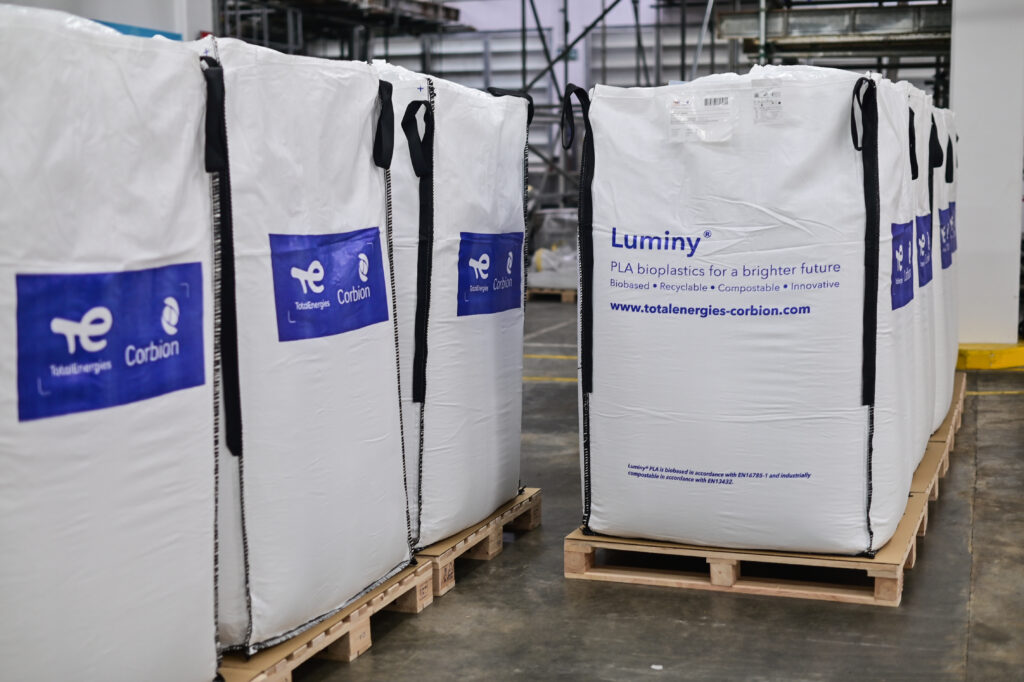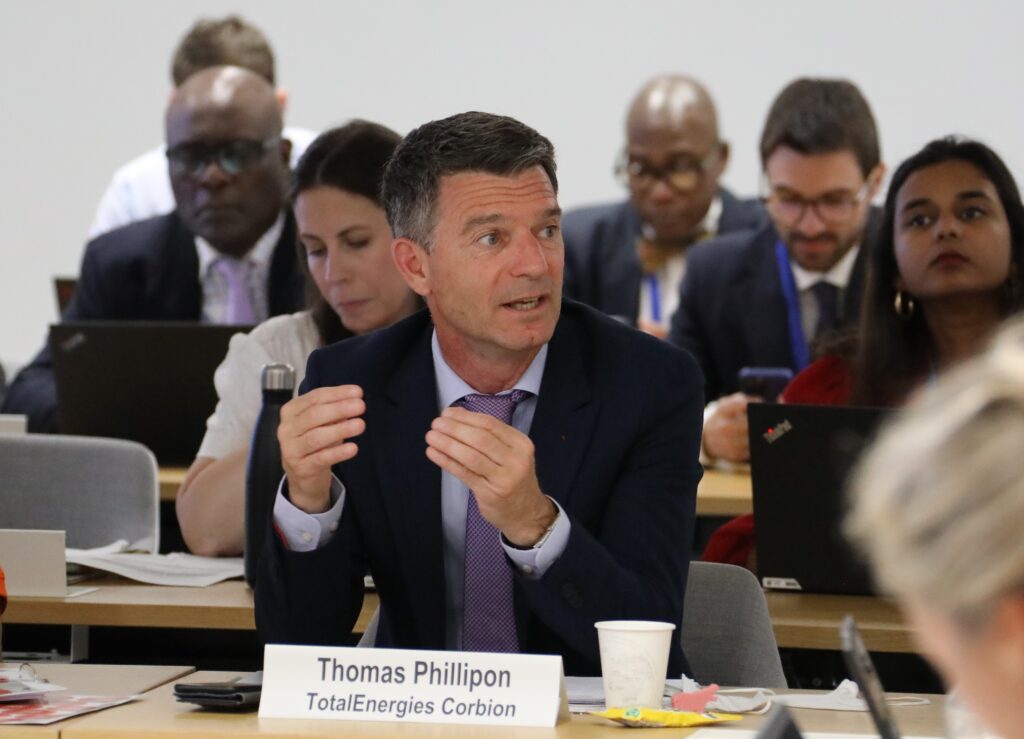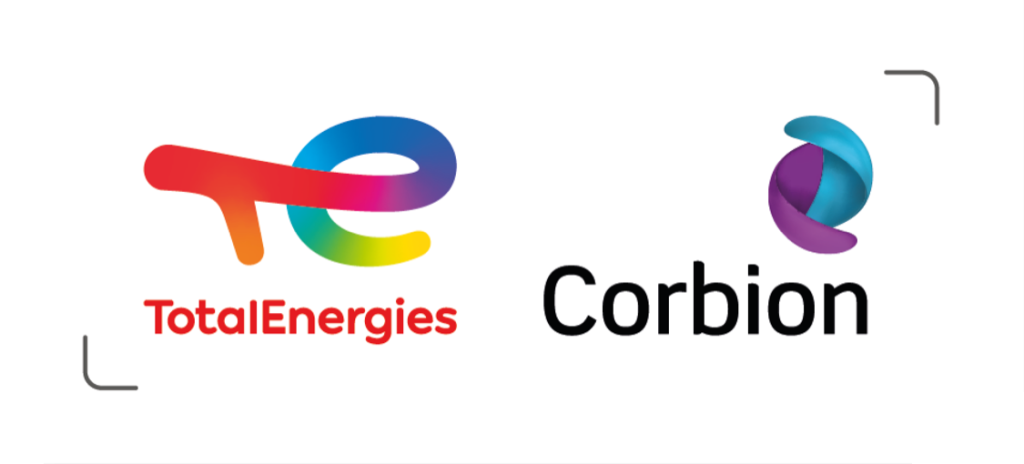Packaging that protects – and respects the planet

Each new Luminy® PLA big bag now includes 30% PIR material in its outer layer, repurposing high-quality manufacturing scraps that would otherwise go to waste.
Why PLA Must Have a Place in the Global Plastics Treaty

By Thomas Philipon, CEO, TotalEnergies Corbion As the world convenes in August for the fifth session of the UN’s Intergovernmental Negotiating Committee (INC-5.2), the plastics treaty negotiations stand at a tipping point. Negotiators are tasked with shaping a treaty that will define the future of materials, trade, and waste management. But amidst the debates over […]
New Luminy® PLA LCA Results Released

From vision to reality – Luminy® PLA enables low-carbon solutions with pathways to carbon neutrality and beyond
From Packaging to Waste: Why PLA is the Missing Link in a Truly Circular Economy

India’s packaging future is being shaped now and PLA offers a real opportunity to reduce landfill waste while lowering carbon impact.
Expanded PLA a new type of molded foams

TotalEnergies Corbion and Useon have announced a strategic partnership to advance the development and global commercialization of EPLA molded products — a new generation of sustainable, high-performance foam materials made from Luminy® PLA bioplastics.
The world’s first commercially available recycled PLA

As the only commercial recycler of PLA, TotalEnergies Corbion offers rPLA in 30% and 100% recycled grades, using its low-energy hydrolysis process at its Rayong, Thailand facility.
TotalEnergies Corbion receives gold rating from EcoVadis

EcoVadis assesses companies on a wide range of Environmental, Social, and Governance (ESG) criteria
Reliable Expertise in PLA Production

In 2024, we executed a fully structured and meticulously planned plant turnaround
How bioplastics can shape global plastic policy

With the UN Plastics Treaty negotiations, there is growing attention on the role of bioplastics in addressing both environmental and economic challenges
Waste management: Italy’s industrial composting success

Italy has transformed its approach to organic waste management, shifting from a heavy reliance on landfills to advanced composting and biogas production.
